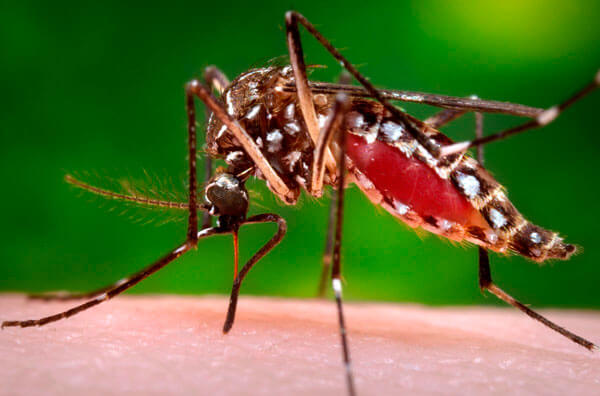Any doubts about the level of fear the Zika virus outbreak has had on a tourism-dependent Caribbean Community were confirmed this week after Barbados of all places reported confirmed infections in three pregnant women at the main state hospital and after the University of the West Indies announced the establishment of a special task force to coordinate regional efforts.
Islands such as Barbados have been operating with crossed fingers hoping that no confirmed cases would surface, make international news and negatively affect tourist arrivals.
The latest three were announced in a government statement, bringing the number of confirmed cases to seven and sparking frantic efforts to clear the island of breeding grounds for the dreaded mosquito.
“The situation is still evolving and information is being updated regularly. The ministry of health will continue to roll out its response based on the local, regional and international experience,” it said.
Doctors have offered to provide specialized care to what is emerging as the first set of confirmed cases in pregnancies in the 15-nation community even as health authorities urge women to hold off on becoming pregnant for about two years while the outbreak peaks. Some of Barbados’ neighbors including Trinidad and Antigua are yet to report any confirmed cases but the fact that Barbados’ situation mirrors that of Brazil with deformed babies is reason for concern officials said.
In the meantime, the Barbados-based Caribbean Tourism Organization (CTO) and Caribbean Hotel and Tourism Association have jointly appealed to hotels to work towards eliminating all possible breeding ground for mosquitoes.
“We are in communication with our respective stakeholders and are observing national, regional and international health protocols in dealing with mosquito-borne viral diseases which can be found in tropical countries as well as the warmer regions of the U.S.,” said CTO boss Hugh Riley said.
And despite the fact that Antigua is yet to confirm a single case, officials there have in recent weeks reported a slow but steady string of hotel cancellations linked to fears of tourists about possible infections.
Caribbean leaders who meet in Belize for their mid-year summit next week, have already penciled an extended discussion about how the region will tackle the virus as a key agenda item when they meet for two days in the Central American mainland country.
But even as governments and the private sector collaborate to beat back the spread of the virus, the University of the West Indies from its Barbados campus has established a task force as a link between governments and health officials.
The idea says Deputy Principal Clive Landis is to help the region arrive at a science-based response to the situation.
Principal Sir Hilary Beckles says the region has some previous experience in fighting mosquito-borne illnesses and no time should be wasted with Zika.
“We have been here before with malaria that we successfully eliminated from the Caribbean region and we can do it again even if this mosquito species presents some extra challenges by breeding in the smallest water reservoirs in and around our homes.” he said.
“The rapid spread of the Zika virus poses serious regional challenges at the levels of public health and safety and sustainable economic development, and as a regional university we have a duty and a responsibility to confront these challenges head on.”

























